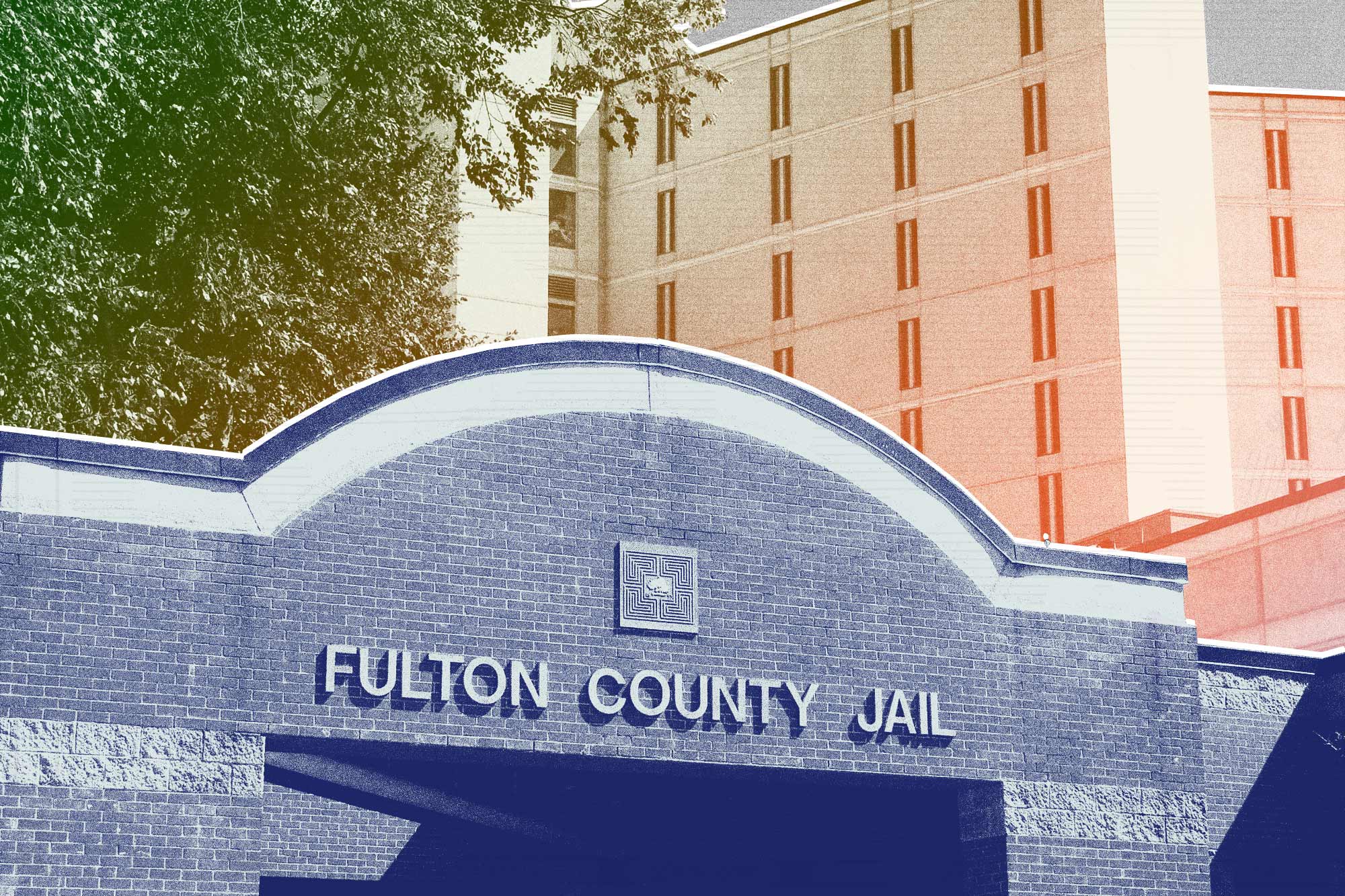Advocates Push For Details On Georgia’s Response To COVID-19 In Prisons and Jails
‘Our state and local officials have a responsibility to not endanger those who are under correctional control,’ the ACLU of Georgia’s executive director said.

Civil rights activists are asking Georgia officials to turn over documents they hope will show how prison and jail staff prepared for and responded to the COVID-19 pandemic.
The American Civil Liberties Union of Georgia filed a public records request last week with Governor Brian Kemp and the Georgia Department of Corrections requesting information on myriad issues surrounding the novel coronavirus, including predictions on mortality rates inside state prisons, grievances made by prisoners, and staff communications regarding access to hygiene and protective equipment.
“Our state and local officials have a responsibility to not endanger those who are under correctional control,” Andrea Young, executive director of the ACLU of Georgia, told The Appeal of the requests. “The public should be assured for the sake of the people they care about, who are in these facilities and work in these facilities, that precautions are being taken to minimize the spread of COVID-19.”
To date, at least 307 Georgia prisoners and 100 staff members have tested positive for COVID-19.
The request comes as Kemp has allowed businesses across the state to reopen, a move that has been decried by health experts who warn it will lead to an increase in infections. Last week, the Centers for Disease Control and Prevention released a study that showed the novel coronavirus disproportionately affects Black Georgians. Though the state’s population is 32 percent Black, Black people account for approximately 83 percent of the hospitalizations from COVID-19 in the state.
The state’s incarcerated population is also disproportionately Black, making up approximately 51 percent of the jail population and 60 percent of the prison population.
The ACLU of Georgia sent a letter to Kemp with its concerns and asked him to release prisoners as the pandemic started to sweep across the U.S. in March. Kemp has yet to use his executive powers to do so.
As states have begun doing widespread testing, jails and prisons have emerged as coronavirus hot spots. Young said it’s essential for the public to know how the corrections department plans to handle an outbreak. “This can get out of hand very, very quickly, and so we want the state to really take this seriously and be public about the plans that they are making,” she said.
At the Fulton County Jail in Atlanta, which is so overcrowded that it houses prisoners in inflatable devices called “boats,” at least 31 prisoners and seven staff members have tested positive, a jail spokesperson told The Appeal. In total, the jail has tested 104 prisoners and nearly 200 staff members, according to the spokesperson.
Fulton County District Attorney Paul Howard agreed to the release of roughly 300 prisoners from the jail, including people over 60 and those who were incarcerated for probation violations. They are now being electronically monitored.
The public defender’s office unsuccessfully tried to secure the release of nearly 200 more prisoners who could not afford to purchase their freedom. The majority of those people were held on bonds of less than $10,000 and could be released if they had at least $1,000, according to a habeas petition filed by the office on their behalf.
“Petitioners would be free if they could pay bonds that judges have deemed sufficient to ensure their return to court and protect the community,” reads the petition. “That they continue to languish in dangerous custody is a feature of the State’s categorically different treatment of the wealthy and the poor.”
A Superior Court judge denied their bid for freedom on April 27, finding that the detainees were not being discriminated against because of their inability to pay for their release. She also found that jail officials did not show “deliberate indifference” to the health of people incarcerated at the facility.
